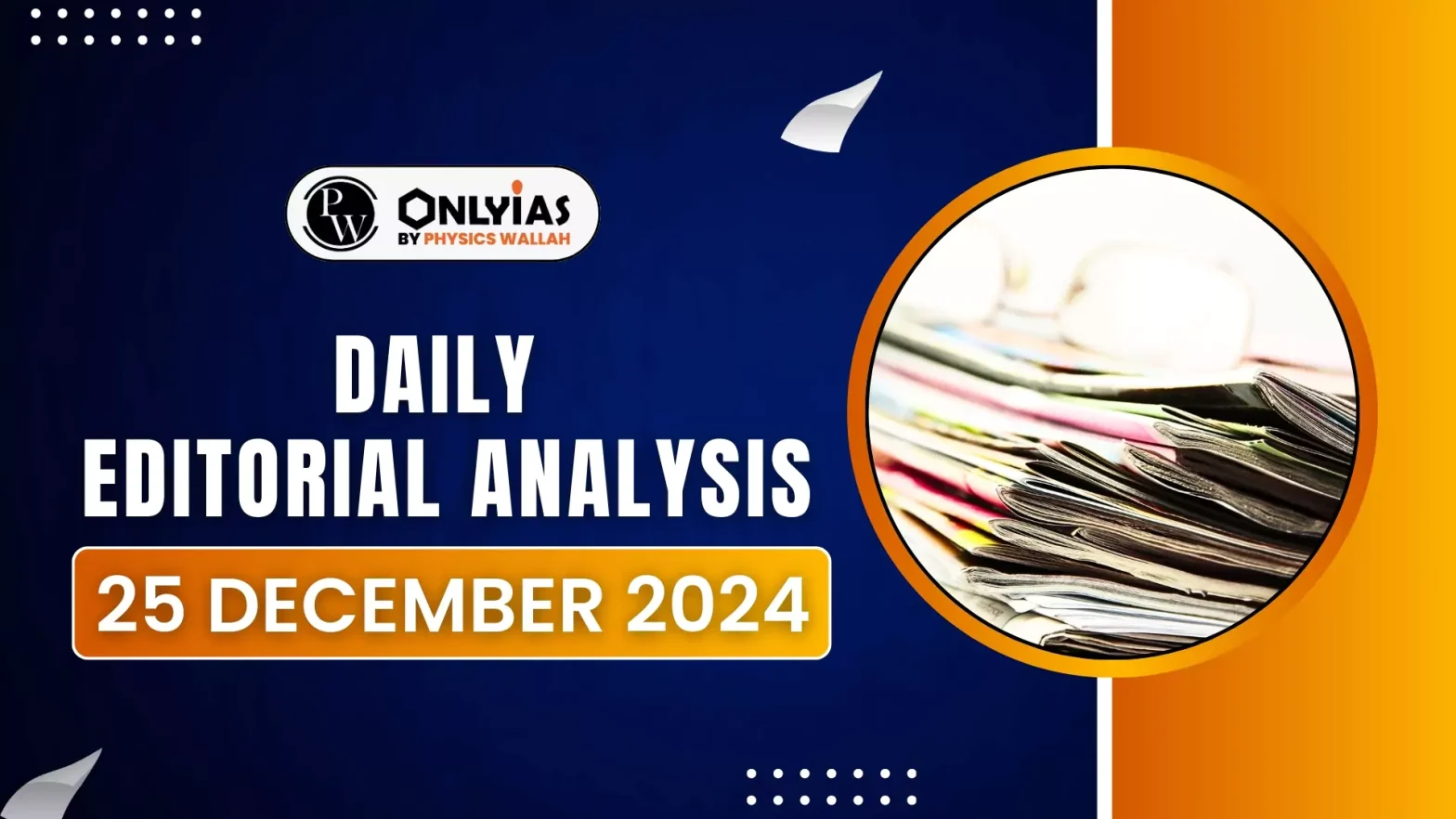The Ministry of Education has abolished the ‘no-detention policy’ for students in classes 5 and 8 of all government schools.
No-Detention Policy
- The Centre introduced the no-detention policy under the Right to Education (RTE) Act of 2009.
- This policy mandated that no student in classes 1–8 could fail or be expelled from school until they completed their elementary education.
| According to Section 16 of the RTE Act, 2009, it was specified that “No child admitted in a school shall be held back in any class or expelled from school till the completion of elementary education (Class 1-8).” |
- The goal of this policy was to reduce student dropouts, make learning more enjoyable, and eliminate the fear of failure.
Enroll now for UPSC Online Course
Concerns Over Learning Outcomes
- While the policy aimed to promote inclusivity, it soon became a contentious issue. Critics speculated that it contributed to declining learning outcomes.
- Both teachers and students have ceased putting in the necessary effort, transforming schools into hubs for mid-day meals rather than centers of learning.
- Already 16 states have done away with the no-detention policy.
| Education is a subject listed under List III; Concurrent List |
Amendments to the RTE Act
- 2019 Amendment: The Right to Education Act was amended in 2019.
- Regular Exams for Class 5 and 8: The amendment included provisions for regular exams in class 5 and class 8 at the end of each academic year.
- Exams Within Two Months: If a student failed the exam, they would be given additional instruction and a chance for re-examination within two months of the result declaration.
- Students Can be Held Back: If the student failed again after the re-examination, the appropriate government could allow schools to hold the student back in class 5 or class 8.
- Students Cannot Be Expelled: The government reiterated that no child could be expelled from school until the completion of elementary education. This remains a crucial part of the policy.
| Delay in Notifying in the Gazette: There was a delay in the notification, saying that the new National Education Policy (NEP) was announced within six months of the amendment. |
Check Out UPSC Modules From PW Store
Conclusion
The shift in the no-detention policy reflects a change in India’s approach to student progression, focusing on improving learning outcomes and retention. The new rules for classes 5 and 8 emphasize the importance of these key transition years in a student’s education.
![]() 25 Dec 2024
25 Dec 2024
